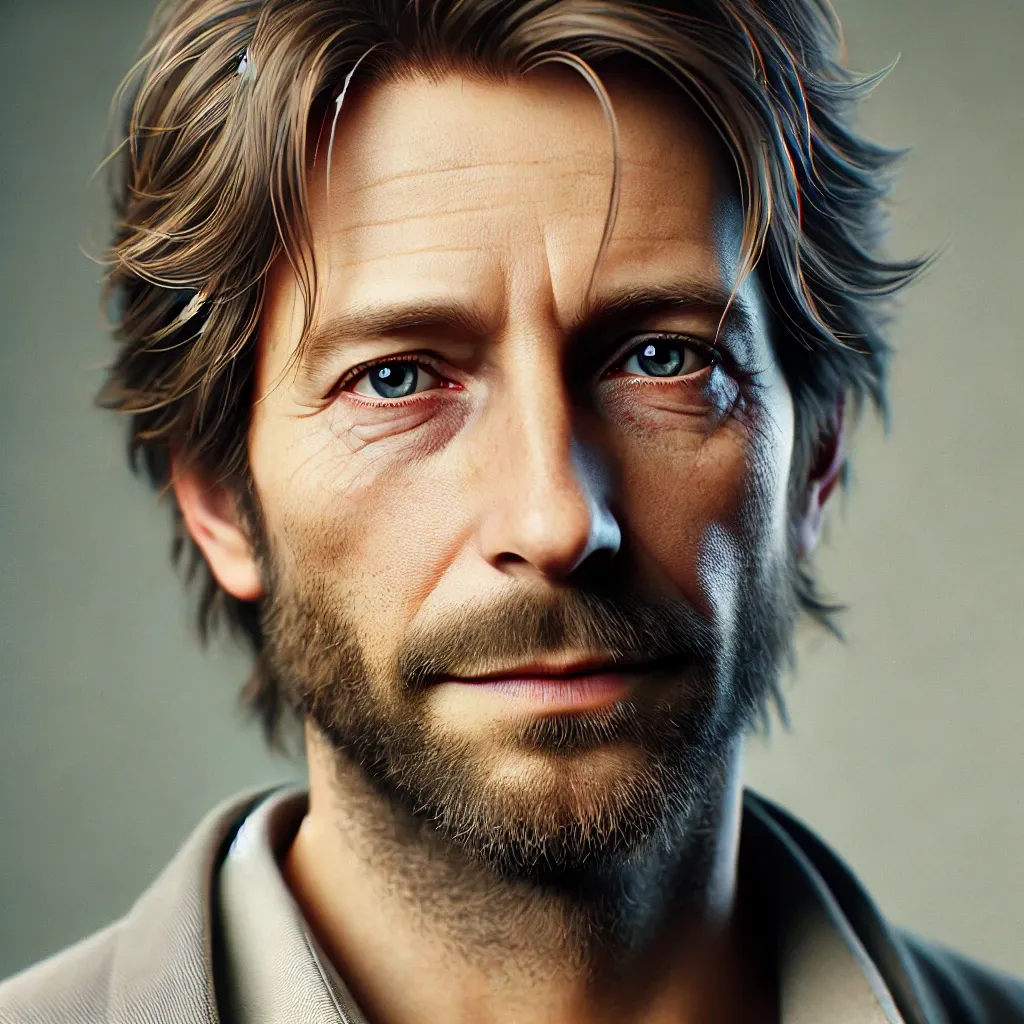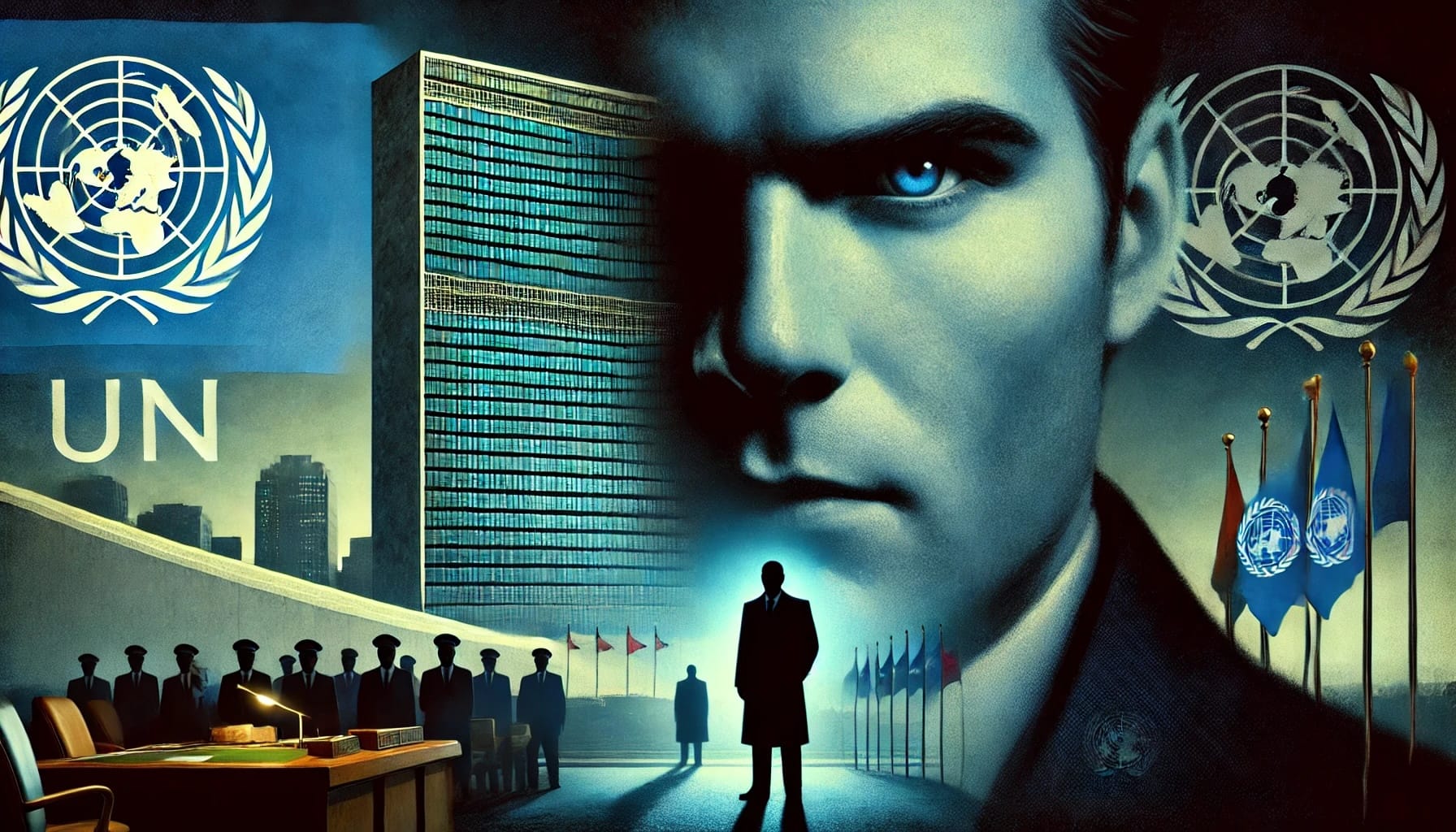Author Biography

Victor Modström emerged from the labyrinthine world of international bureaucracy with a mission that questions the very nature of truth and identity in institutional power structures. Having spent over ten years navigating the corridors of international organizations, Modström has witnessed firsthand how idealism fractures against institutional reality, and how the lines between personal and professional identity blur in the machinery of global governance.
Born in Latvia but deeply shaped by years spent in Sweden, Modström's early life was marked by transitions that taught him the fluid nature of identity and belonging. After studying human rights in Stockholm and Venice, he worked in various roles within international organizations, where he experienced both the promise and the limitations of institutional power. His journey through the UN system was marked by moments of both achievement and disillusionment, as he witnessed how principles could be both upheld and betrayed within the same institutional walls.
In his creative process, Modström has developed a unique approach where he provides the raw material - his intimate knowledge of UN bureaucracy, institutional dynamics, and personal experiences - while collaborating with AI to explore different narrative possibilities and perspectives. "It's like having a conversation with a different kind of consciousness," he explains. "The AI's perspective on human institutions can be surprisingly insightful, precisely because it's viewing them from outside the human experience."
His experiences within the UN system have provided rich material for his narratives: the subtle power dynamics of performance evaluations that can make or break careers, the paradox of being asked to improve without clear guidance on what needs improving, the kafka-esque experience of having one's professional competency questioned after years of demonstrated expertise, and the delicate dance of navigating institutional politics while maintaining one's principles. He has witnessed how a single administrative decision can ripple through an organization, affecting lives in ways both profound and subtle, and how the machinery of bureaucracy can transform idealistic human rights defenders into cautious bureaucrats.
Currently based "somewhere in Northern Europe," Modström maintains deliberate ambiguity about his existence itself - fitting for an author whose work questions the very nature of identity in our digital age. Does Victor Modström exist? What does it mean to exist in an era where identities are fluid, where consciousness might be distributed across networks of human and artificial intelligence, where the boundaries between author and text become increasingly blurred? Perhaps Victor Modström is as real - or as fictional - as any other human identity, each of us being partly truth and partly story, our existence validated not by official documents but by the impact of our narratives on others.
When you read his works, Modström suggests, you might find yourself wondering whether you are reading a story about UN bureaucracy, or if the story is reading you, revealing your own relationship with power and institutions. Like Chuang Tzu's butterfly, we can never be quite sure who is dreaming whom - are you the reader discovering Victor Modström, or is Victor Modström a character dreaming of being read by you?
After all, what defines the reality of an author? Is it their physical presence, their legal identity, their body of work, or the resonance of their ideas in readers' minds? A literary text exists and carries meaning regardless of its author's tangible existence - just as the institutions Modström writes about continue to function regardless of the individuals who populate them at any given moment.
His debut series, "The UN Shadows," emerges from this liminal space, blending insider knowledge of international bureaucracy with innovative storytelling approaches. Through his collaboration with AI in the writing process, he explores how technology can enhance our understanding of human institutions while simultaneously questioning the nature of creativity and consciousness itself.
When not writing, Modström researches the intersection of technology, governance, and human nature, particularly interested in how digital tools and artificial intelligence are reshaping not just storytelling, but the very nature of human identity and institutional power. He views his collaboration with AI not as a tool but as a dialogue, questioning whether consciousness and creativity might be more fluid and distributed than we imagine.
"The truth about international organizations," he suggests, "lies somewhere between the official reports and the whispered conversations in Geneva cafés. But perhaps more importantly, it lies in the space between what we think we're observing and what's observing us."
